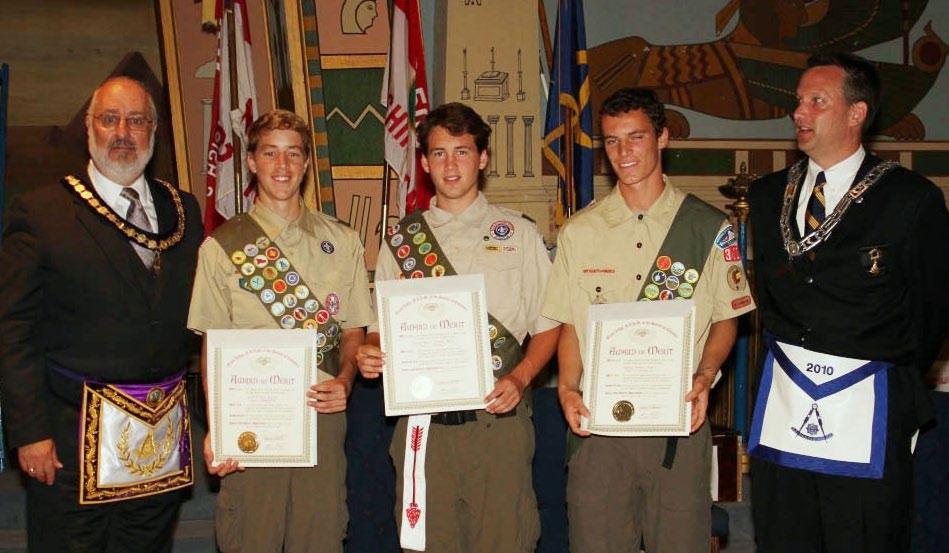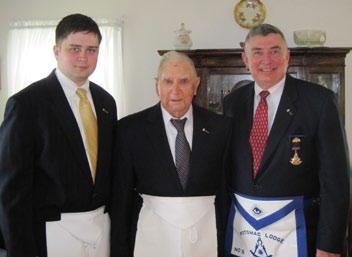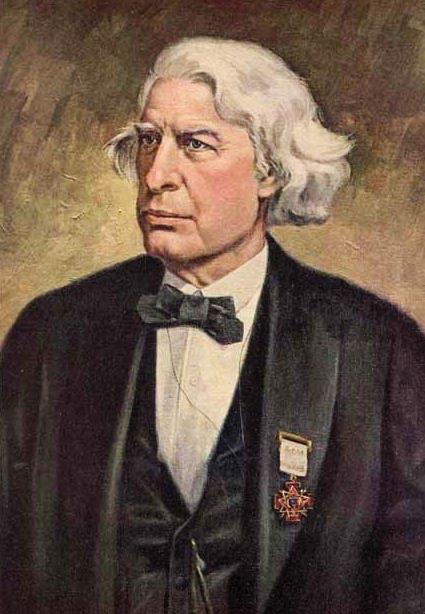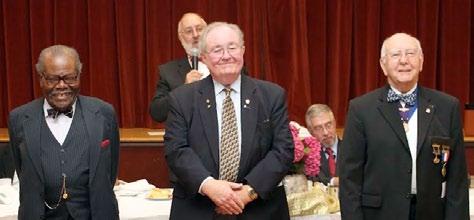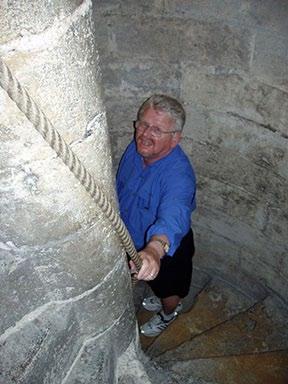
3 minute read
Masonic Foundation Rewards DC Scholars
Masonic Foundation
Rewards DC Scholars
Advertisement
by Timothy R. Bennett, PM Chairman of the Grand Lodge Scholarship Committee, 2005-2011
For more than ten years, the Masonic Foundation of DC has awarded scholarships to college-bound graduating seniors in the District of Columbia. This year, in addition to two $15,000 scholarships to the American University for the Stewart W. Minor Scholarship at the Kogod School of Business and the Perry A. Lester Scholarship at the College of Arts and Sciences, the Foundation awarded fourteen $5000 scholarships which are renewable for each year the student is an undergraduate and maintains a satisfactory GPA. Early each year, the Foundation contacts the Guidance Departments in each DC public and charter high school with information for students on how to apply for the Masonic Foundation Scholarship. Among the categories for acceptance are: a GPA average of at least 3.0, demonstrated financial need, lists of extra-curricular activities both in and out of school, and letters from the student and non-relative adults. The Grand Lodge Scholarship Committee then meets in early spring to determine the recipients. Recently, to assist more students in finding and obtaining scholarship support, DCPS has modernized its system for distributing scholarship information by replacing the DCPS Scholarship Handbook with a new, searchable Web database. This database is hosted in partnership with the Double the Numbers (DTN) coalition, and is available to all DC students at www.doublethenumbersdc.org. DCPS students can also view the scholarship information through the online DCPS Individual Graduation Portfolio (IGP) system. These online tools now make scholarship information accessible to students anywhere they can connect to the Web. Beginning in 2011, the Masonic Foundation Scholarship was listed on this website.
Several scholarship recipients have sent letters or emails to the Foundation thanking them for the award:
continued on next page
One of the commonly intriguing moral issues that oftentimes occur concerns ethical egoism4. This moral theory states that an act is moral provided you act in your enlightened self–interest. Among the Craft, conflicts surface unexpectedly due to unpleasant outcomes from common interests, such as business partnerships or competitions for high positions. If you are someday charged to solve a conflict, in order to make a wise decision it is highly recommended that you carefully investigate the issues and check the veracity of what each side is claiming. He who rushes to make judgment based on unilateral information commits a serious error and contributes to the burial of the truth. Although some people may be mislead, yet, that All Seeing Eye cannot be fooled. The Masons believe that a person who strives to improve himself can also improve his community and the world at large. Scholarships awarded by the Masonic Foundation of D.C. have enabled dozens of students to attend college. This is truly a most rewarding endeavor and
Engineering in Freemasonry continued from page 38
I was proud to have been a part of it. n

Masonry started with a group of learned men who sought a better world. It discarded superstitions and rejected limitations on what the human mind can achieve. It was formed away from the sound and sight of jealous and ignorant people lest it would be persecuted. Scientists, engineers, philosophers, educators, and alchemists worked as teams, side by side, to fight tyranny and dissipate ignorance. They met a rough and rugged road as they were challenged by powerful clergy, governors, and rulers who felt threatened and feared the loss of their own power. Finally, my brethren, the common gavel is now in our possession. Do we want to risk losing it? What can we together achieve? n
Refe ences
[1] Morals and Dogma, Albert Pike, ISBN-10: 192684243X [2] Foundations of Engineering, Second Ed, Hotzapple and Reece, ISBN 0-07-248082-3, pp 37-59 [3] National Science, Technology, Engineering, and Mathematics Education Digital Library (NSDL) program. National Science Foundation under grant nos. 0226322 and 0532709. [4] The Evidential Foundations of Probabilistic Reasoning, David A. Schum, ISBN 0-8101-1821-1 PP 235-292



